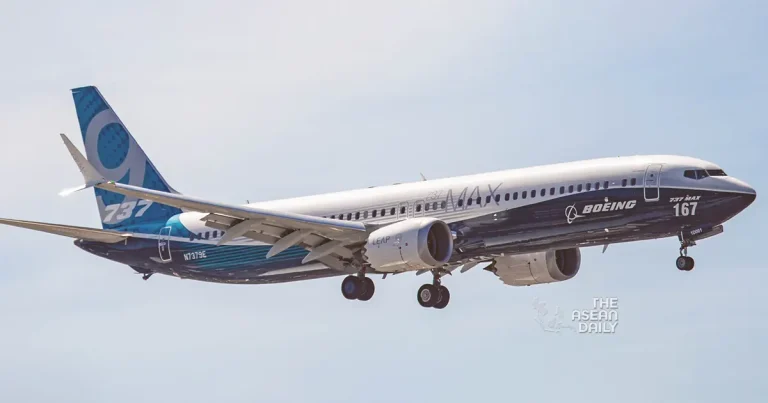25-1-2024 (NEW YORK) US regulators have granted approval for a comprehensive inspection framework that would allow the return to service of Boeing 737 MAX planes, which were grounded following an emergency landing earlier this month. The Federal Aviation Administration (FAA) announced the inspection protocols for the Boeing 737 MAX 9 on Wednesday, prompting United Airlines to announce that it expects grounded aircraft to resume service starting Sunday.
“We will only return each MAX 9 aircraft to service once this thorough inspection process is complete,” stated Toby Enqvist, United’s chief operations officer. “We are preparing aircraft to return to scheduled service beginning on Sunday.”
This development marks a significant step forward after the FAA grounded 171 MAX 9 planes following an incident on an Alaska Airlines flight on January 5. The grounded 737 MAX jets share the same configuration as the Alaska Airlines plane, which experienced a panel blowout on the fuselage, leading to an emergency landing and exposing passengers to open air. Although no injuries were reported, safety inspectors have emphasized the potentially catastrophic nature of the incident.
Under the FAA’s “enhanced maintenance” process, airlines will conduct inspections of specific bolts and fittings, perform detailed visual inspections of plugs and components, and address any damage or abnormal conditions, as specified by the FAA. The inspection aims to ensure that all parts are in compliance with the original design and are safe for operation. The FAA emphasized that the aircraft will not resume operations until the inspection process is completed and compliance with the original design is confirmed.
HALT TO MAX PRODUCTION “EXPANSION”
In addition to the inspection framework, the FAA announced on Wednesday that it would not permit Boeing to expand production of the 737 MAX in the wake of the mid-air emergency on an Alaska Airlines flight. The FAA stated that the suspension of the production expansion for Boeing’s popular 737 MAX narrowbody family is necessary to ensure accountability and full compliance with required quality control procedures by the aircraft manufacturer.
Following the announcement, Boeing’s shares fell approximately 4 percent in after-hours trade. FAA Administrator Mike Whitaker stated, “We will not agree to any request from Boeing for an expansion in production or approve additional production lines for the 737 MAX until we are satisfied that the quality control issues uncovered during this process are resolved.”
The impact of the FAA’s halt on MAX production “expansion” on Boeing’s detailed near-term production ramp-up plans remains unclear. The MAX family includes the best-selling 737 MAX 8, which is Boeing’s main source of revenue. Boeing has not provided an immediate comment on the matter.
Boeing’s previous plans, outlined by CEO Dave Calhoun in October, aimed to achieve a production rate of 38 MAX planes per month by the end of 2023. However, Boeing’s actual production pace can deviate from the supplier master schedule, which sets the production pace for its supply chain.




